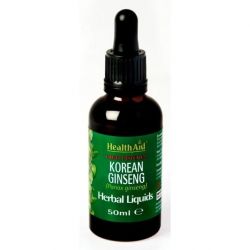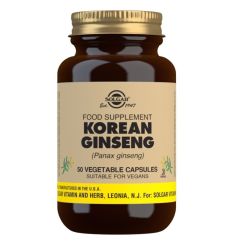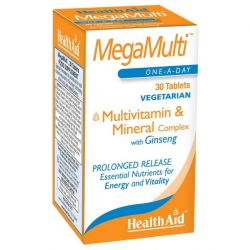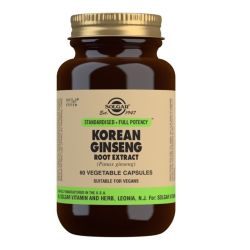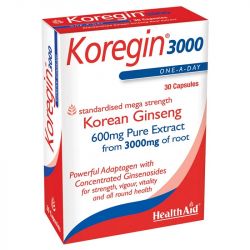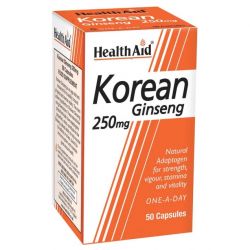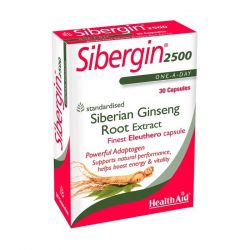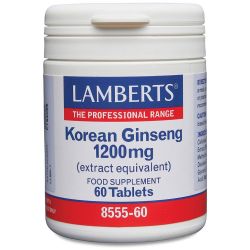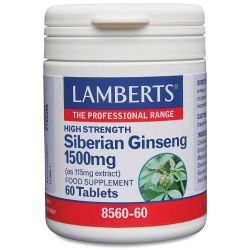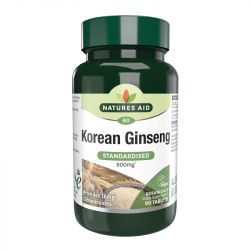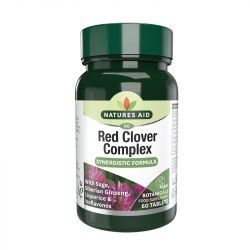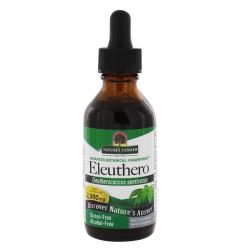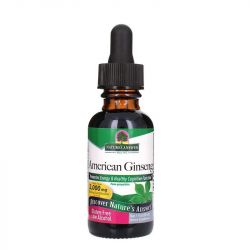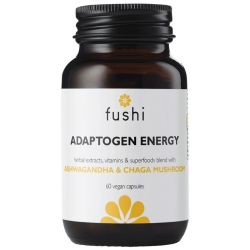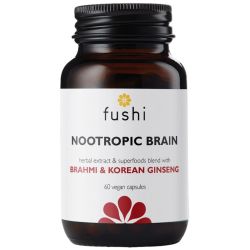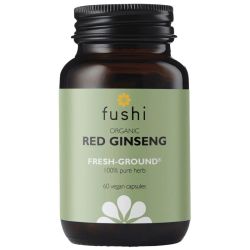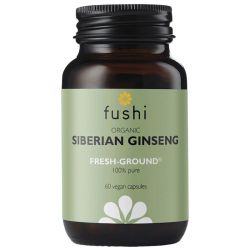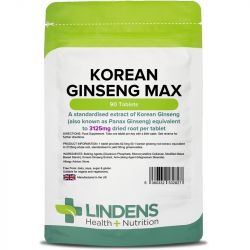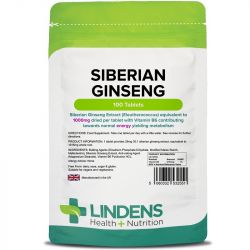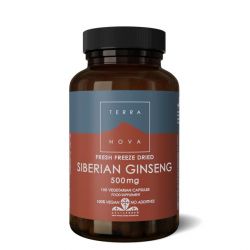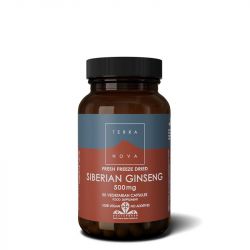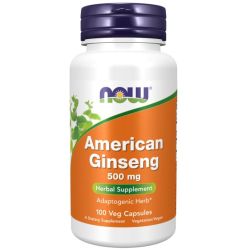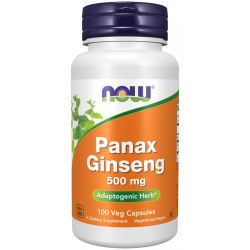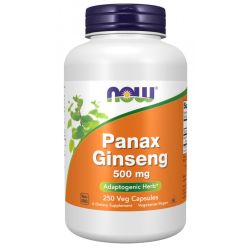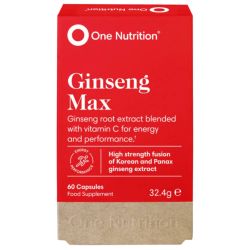Ginseng
Ginseng, scientifically known as Panax ginseng, is a perennial plant native to East Asia and North America, with a long history of use in traditional medicine, particularly in Chinese herbal practices. Ginseng has been valued for its adaptogenic properties, which help the body adapt to stress and promote overall well-being. Traditionally, it has been used to enhance energy levels, improve cognitive function, and support immune health.
The active compounds in ginseng, known as ginsenosides, are believed to contribute to its numerous health benefits, including reducing fatigue, improving mental clarity, and enhancing physical performance.
- Terranova Cordyceps,Rhodiola & Ginseng Super-Blend Powder 30gSpecial Price £24.24 Regular Price £30.30
- Fushi Wellbeing Organic Siberian Ginseng Root 290mg Veg Caps 60Special Price £10.40 Regular Price £13.00
- Living Nutrition Organic Fermented Red Ginseng Capsules 60Special Price £29.59 Regular Price £36.99
All you need to know about Ginseng
Can ginseng improve erectile dysfunction?
Ginseng has been proven to provide relief from the symptoms of erectile dysfunction, as it helps to protect the body from oxidative stresses that may occur in tissue and blood vessels, helping to restore normal sexual function. Ginseng also increases the production of nitric oxide, which increases blood flow to the penis. In one study, red ginseng was particularly effective at helping men with erectile dysfunction, with participants noticing up to a 60% improvement.
Can ginseng ease fatigue?
Ginseng can boost energy levels, helping the body to tackle fatigue. The polysaccharides and oligopeptides in ginseng lower oxidative stress in cells and boost energy production, which has been shown in studies. One study in particular gave cancer patients suffering from fatigue ginseng supplements for eight weeks. After the experiment, they noticed their energy levels were much higher. Ginseng supplements can also help boost performance in physical activity like sports.
How do I add ginseng to my diet?
You can eat ginseng root raw, or steam it and include it in cooking. You can place some in a cup and pour boiling water over it to make ginseng tea, or add it to stir-frys or curries. If you are taking ginseng supplements, between 200-400mg is the recommended dose. Lower doses are best to start with, increasing over time. Ginseng supplements are best taken after food to line the stomach.
What are the side effects of ginseng?
You should talk to your doctor before taking ginseng supplements. While ginseng is safe for most people and shouldn't produce any major side effects, it may reduce the effectiveness of anticoagulant drugs. If you are diabetic, you should keep a close watch on your blood sugar levels when taking ginseng, as it could cause them to dip sharply. Ginseng is also not recommended for breastfeeding or pregnant women. The effects of ginseng can wear off the more you take it, so take it for no more than three weeks at a time, and then take a break.

